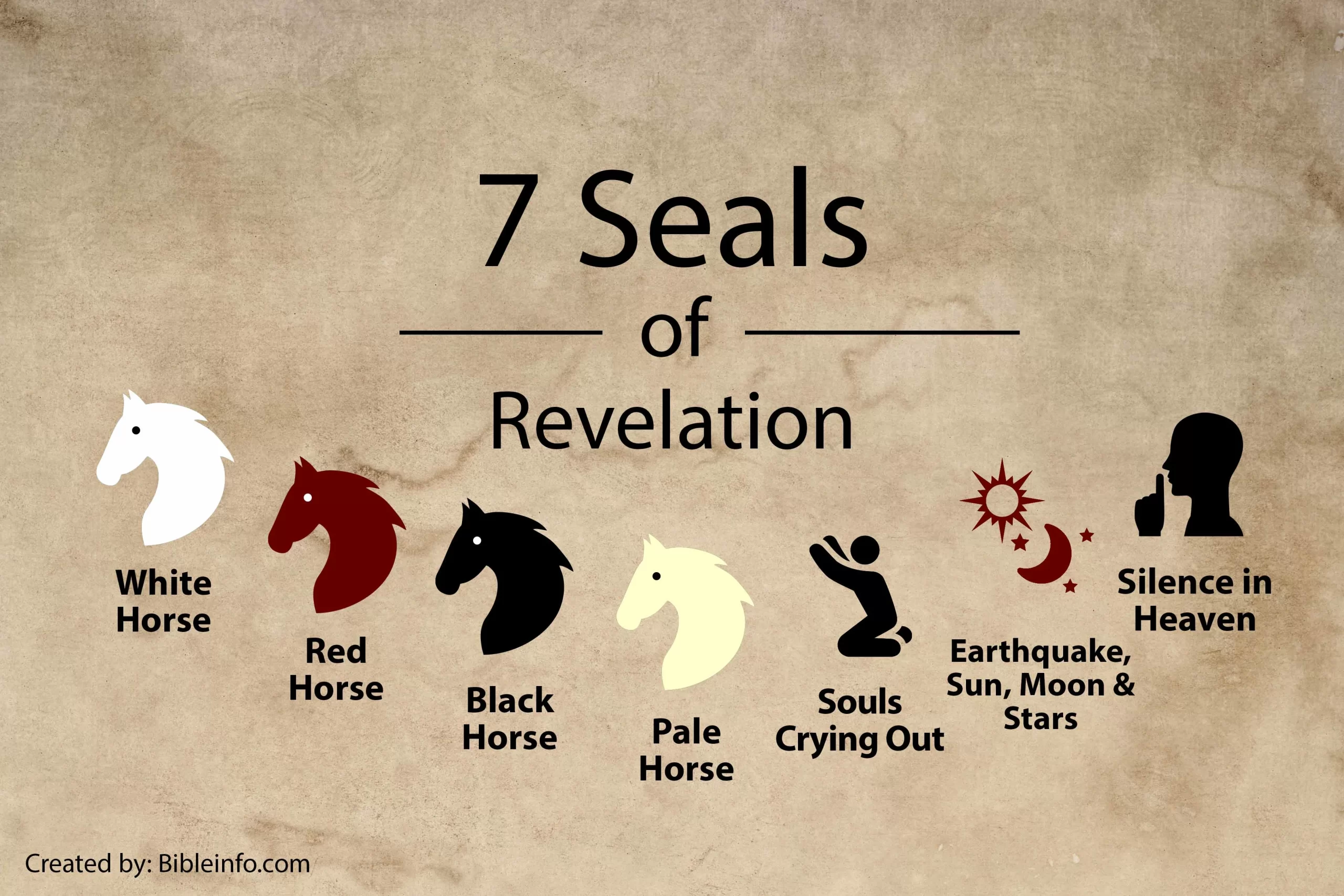
[The esoteric sevenfold classification] . . . has seven distinct principles, which correspond with seven distinct states of Prajna or consciousness. It bridges the gulf between the objective and subjective, and indicates the mysterious circuit though which ideation passes. The seven principles are allied to seven states of matter, and to seven forms of force. These principles are harmoniously arranged between two poles, which define the limits of human consciousness.
The mind is the great slayer of the real. Let the disciple slay the slayer.
Only by abandoning personal thoughts and pursuits, the lower mind can begin ascending towards Its higher counterpart.
Real ecstasy was defined by Plotinus as …
“….the liberation of the mind from its finite con-sciousness, becoming one and identified with the infinite.”
This is the highest condition, says Prof. Wilder, but not one of permanent duration, and it is reached on-ly by the veil/ very few. It is, indeed, identical with that state which is known in India as Samadhi. The latter is practised by the Yogis, who facilitate it physically by the greatest abstinence in food and drink, and mentally by an incessant endeavour to purify and elevate the mind.
‘The soul is the camera in which facts and events, future, past, and present, are alike fixed; and the mind becomes conscious of them. Beyond our every-day world of limits all is one day or state —the past and future comprised in the present. . . . Death is the last ecstasis on earth. Then the soul is freed from the constraint of the body, and its nobler part is united to higher nature and be-comes partaker in the wisdom and foreknowledge of the higher beings.”
“The passage from the physics of the brain to the corresponding facts of consciousness is unthinIcabIe.”
“No one, therefore, has the right to hold that in the future we shall not be able to pass beyond those limits of our knowledge that today seem impassable.”
Such an uplifting of conscious-ness can only be attained by self-devised but unselfish ef-forts.
Read the Mahavagga and try to understand, not with the prejudiced Western mind but the spirit of intui-tion and truth what the Fully Enlightened one says in the In Khandhaka. Allow me to translate it for you.
“At the time the blessed Buddha was at Uruvela on the shores of the river Neranjara as he rested under the Bodhi tree of wisdom after he had become Sam Buddha, at the end of the seventh day having his mind fixed on the chain of causation he spake thus:
From Ignorance spring the Samcharas of three-fold nature — productions of body, of speech, of thought.
From the samkharas springs consciousness, From consciousness springs name and form, From this spring the six regions (of the six senses, the seventh being the property of but the enlightened);
From these springs contact.
From this sensation; From this springs thirst (or desire, kama, tanha),
From thirst attachment, existence, birth, old age and death, grief, lamentation, suffering, dejection and despair.
Again by the destruction of ignorance, the tam-kharas are destroyed, and their consciousness, name and form, the six regions, contact, sensation, thirst, attachment (selfishness), existence, birth, old age, death, grief, lamentation, suffering, dejection, and despair are destroyed.
Such is the cessation of this whole mass of suffering.
The first necessity for obtaining self-knowledge is to become profoundly conscious of ignorance; to feel with every fibre of the heart that one is ceaselessly self-deceived.
The second requisite is the still deeper conviction that such knowledge — such intuitive and certain knowledge — can be obtained by effort.
The third and most important is an indomitable determination to obtain and face that knowledge.
Self-knowledge of this kind is unattainable by what men usually call “self-analysis.” It is not reached by reasoning or any brain process; for it is the awaken-ing to consciousness of the Divine nature of man.
To obtain this knowledge is a greater achievement than to command the elements or to know the future.
Leave a Reply